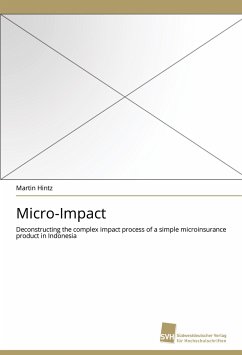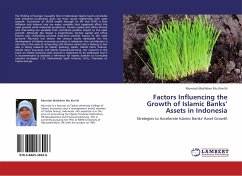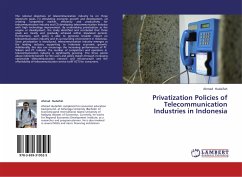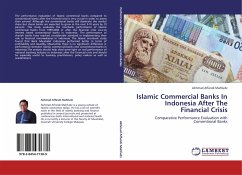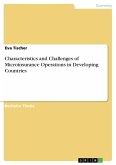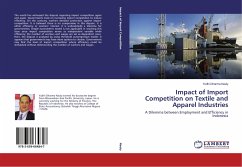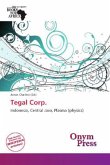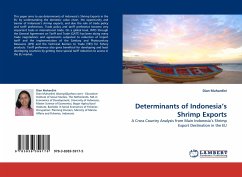Since the turn of the Millennium, microinsurance has grown to significant prominence in the development discourse. Microinsurance is seen is one of the key tools to reduce the vulnerability of low-asset families in developing countries. It is also increasingly perceived as a business opportunity by insurance companies. However, to date little is known about the social impact of microinsurance. Does it really help low-asset people to manage their daily risks in a better way? How does this work in detail? Are there any unintended social "side-effects"? This PhD contributes to answering these still largely unexplored questions. It is based on a largely qualitative analysis of the social impacts of a simple credit-life microinsurance product in Indonesia. Despite the product's simplicity, its social impact turns out to be a highly complex process deeply enmeshed and contingent on social and religious context. The present study reveals that the intended developmental impact of this particular microinsurance product in Indonesia was literally "micro", with a number of unexpected and ambiguous social consequences.
Bitte wählen Sie Ihr Anliegen aus.
Rechnungen
Retourenschein anfordern
Bestellstatus
Storno

